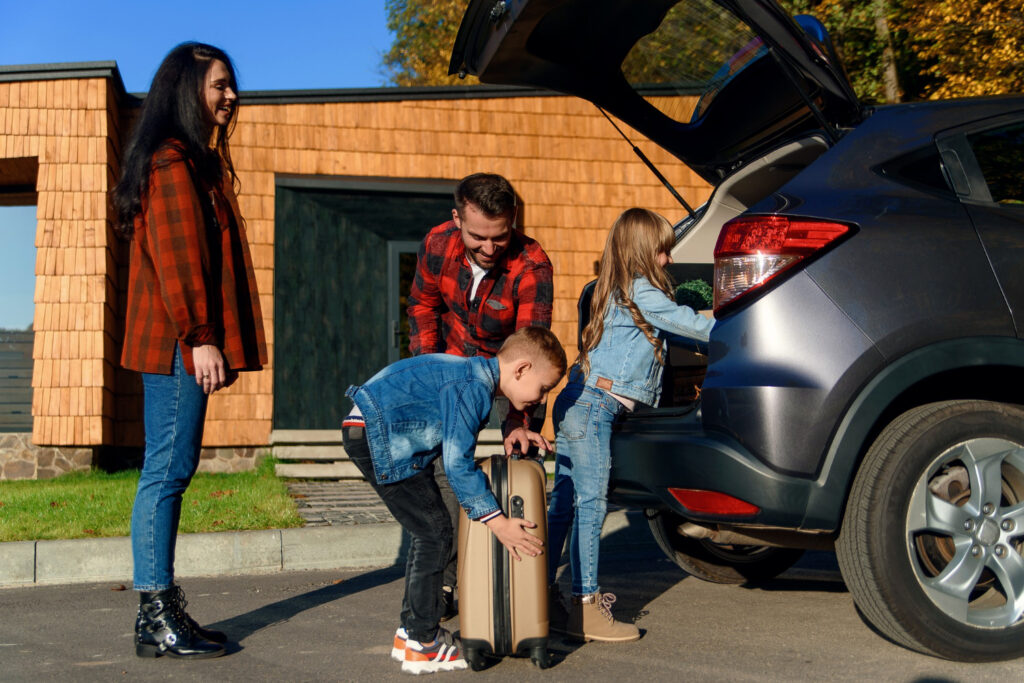SUV vs. Crossover: What’s the Real Difference?
While “SUV” and “crossover” are often used interchangeably, there’s a meaningful distinction. SUVs are generally built on a truck frame, offering greater ruggedness and towing capacity—perfect for off-roaders or families with trailers. Crossovers use a car-based unibody design, delivering a smoother drive, enhanced handling, and improved efficiency. If your aim is versatility for city and suburban life, browsing a Kia crossover for sale looks at models that combine the features of both worlds: comfort, tech, and roominess.
What you plan to do with your vehicle should guide your decision. For those needing to haul heavy gear, SUVs win. But for daily commuters or weekend explorers, a crossover’s nimble drive and extra cargo space make it a solid choice.
Why Choose an SUV or Crossover?
There’s a reason SUVs and crossovers have dominated the auto market recently. According to industry research on the SUV market in the U.S., they now represent nearly half of all vehicles sold, popular among families and solo drivers. Extra headroom, flexible cargo, and elevated driver views transform everyday errands and weekend excursions. Add safety advances and optional all-wheel drive, and it’s clear why these vehicles are favorites for those seeking peace of mind on the road.
Sizing Up Your Options: Compact, Midsize, or Full-Size?
Size often boils down to lifestyle. Compact SUVs and crossovers win over city residents who need convenience and efficiency, thanks to their easy parking and nimble handling. Midsize models offer that happy medium—additional room for families, with the practicality to still zip through traffic. Full-size SUVs accommodate prominent families, pets, or those pulling boats and campers. Full-size is the way to go if you prioritize passenger comfort or serious cargo space.
Fuel Efficiency: Myths and Modern Realities
Today’s SUVs and crossovers aren’t the gas guzzlers they once were. With turbocharged engines and hybrid options, models in this segment now rival sedans in real-world fuel economy. As Consumer Reports notes, automakers now focus on making even larger vehicles lean and efficient. Don’t forget to consider plug-in or hybrid variants for reduced emissions and fewer trips to the pump.
How Safety and Technology Shape Today’s SUV Choices
Modern SUVs and crossovers deliver peace of mind with advanced safety systems, including adaptive cruise control, lane departure warning, and automatic emergency braking. Enhanced infotainment, roomy interiors, and connectivity upgrades keep drivers and passengers happy during long drives or quick errands.
Budgeting for Your Next Ride
Upfront costs can be higher for these vehicles, but ongoing improvements mean many models hold their value well and offer strong reliability. Certified pre-owned options balance modern features and cost savings. Consider costs beyond the sticker price—fuel, maintenance, and insurance affect the actual cost of ownership.
What’s Next? Future Trends in SUVs and Crossovers
The next wave of SUVs and crossovers will see electrification, AI-powered safety, and eco-friendly interiors become mainstream. Leading sources, such as industry forecasts, predict more electric models, improved range, and advanced tech. Staying informed on these changes will help you select a vehicle that’s ready for the challenges—and opportunities—of the future.


